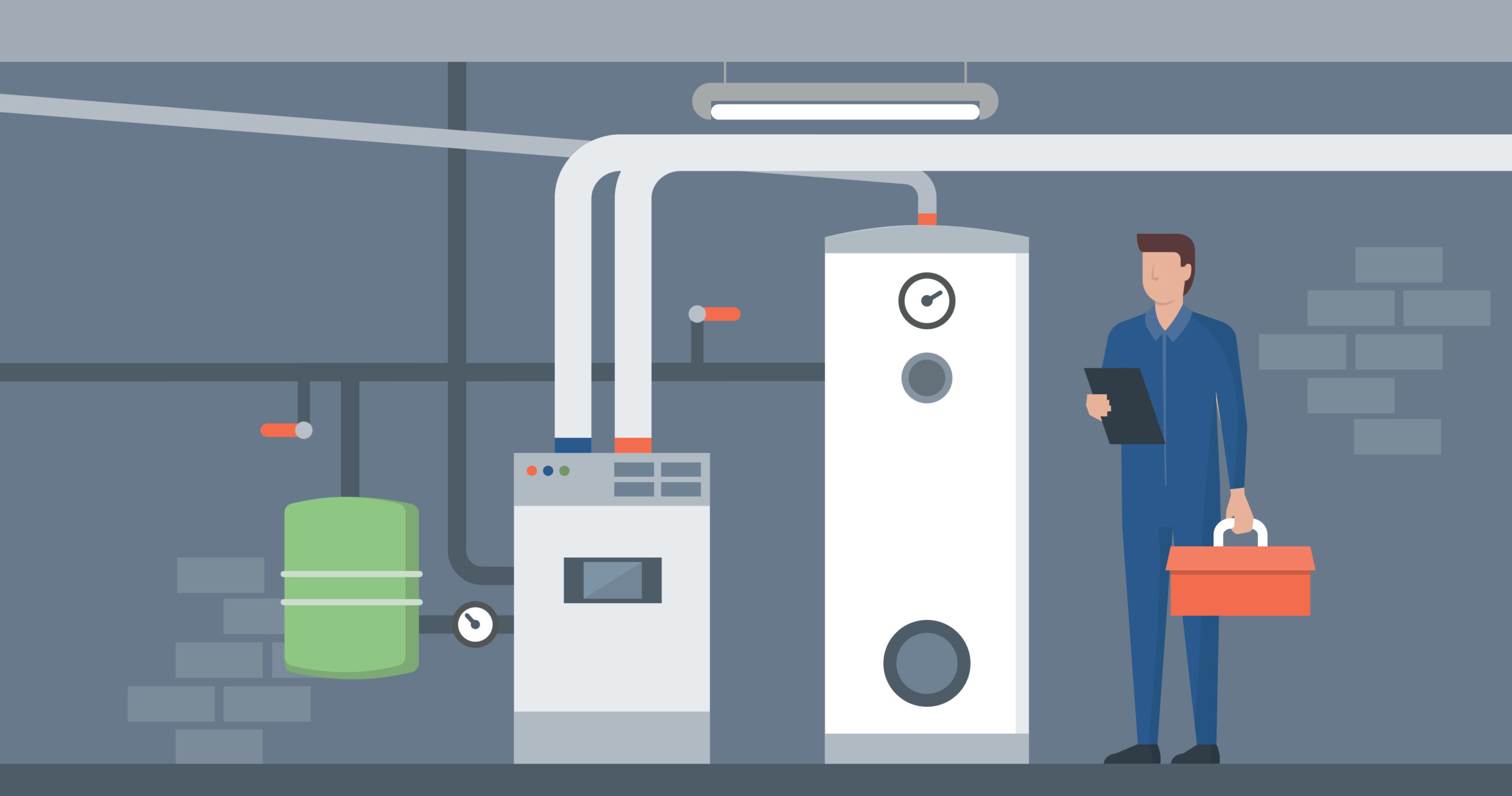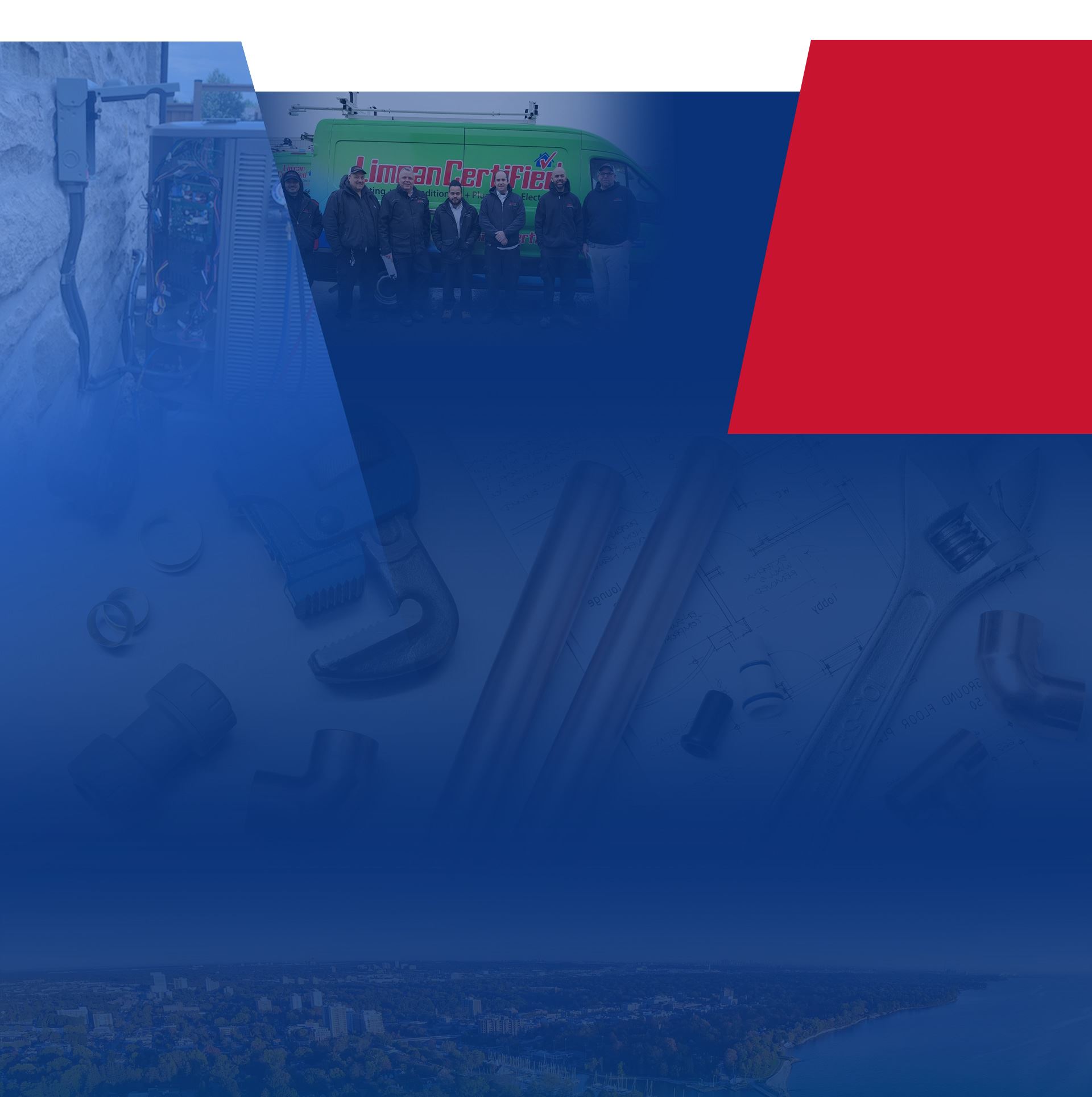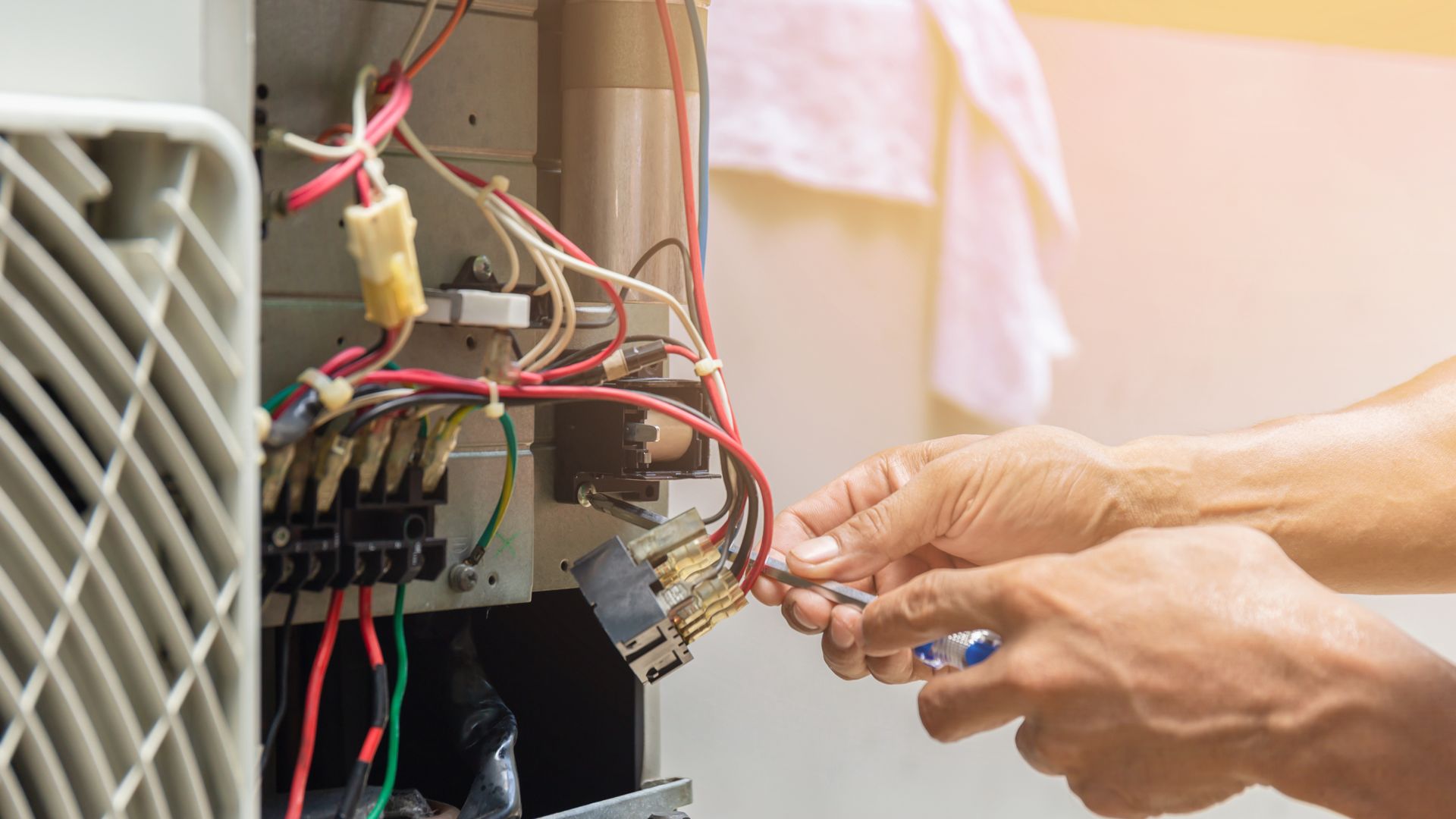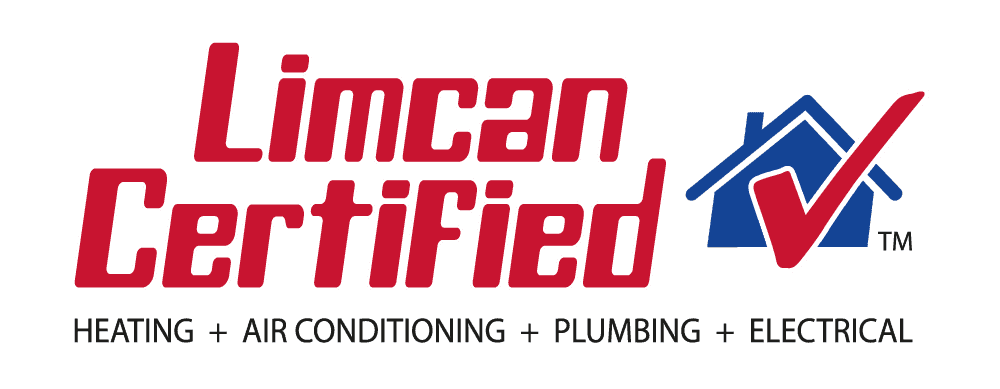Expert Advice on Heat Pumps, Boilers & Furnaces
With modern advancements in home heating, there is more choice than ever before. Whether you’re building a new home or have an older home that requires a new system, there are many things to consider before deciding on the right heating system for you, your family, and your home.
A major purchase, such as a home heating system, can be daunting. That’s why it’s a good idea to educate yourself on the options available, the pros and cons of each, and what you can expect before you take the leap.
What To Consider
Before making any decisions, stop and consider the following:
Your Home
If you are trying to fit a new unit into an existing home, you could be dealing with space limitations. Although newer traditional furnaces are smaller than older furnaces, your space and ventilation must be adequate for your new system. If you’re not sure, your furnace installation expert can help.
If you are building a new home, it’s a good idea to choose your home heating unit first - then build around your choice. After all, a quality heating system is a must for every home - it must be included in your blueprints or floor plans.
Your Budget
Every style of heating system offers a wide range of units at different price points. Because today’s homes vary in size and material, there is no one-size-fits-all solution. Thankfully heating systems are customizable to account for almost everything - including budgetary restrictions.
Your Expectations
You want a warm cozy home, especially when you have to contend with harsh Canadian winters. There are several ways to accomplish this. From clean steam heat to high-efficiency forced heat to in-floor solutions, it is a good idea to think about what’s important to you before deciding on a system.
What Are My Home Heating Options?
Now that we know what to consider let’s discuss your options. Depending on your situation, you may have certain restrictions that need to be accounted for. Whatever the case, it’s wise to educate yourself on all options before making a final choice.
Furnaces (Forced-Air Units)
Furnaces are mechanical units that, when signalled by a central thermostat, draw air in from the cold air return vents scattered throughout the home. This air then flows through a burner where it is heated before it’s distributed via a duct and venting system at several points throughout your home.
A popular choice for size, efficiency, and multi-use reasons, it’s no surprise that a 2017 Statistics Canada survey recorded that 55% of Canadian households use forced-air furnaces as a primary heating method.
But why is that the case? To make an informed decision as to which system is right for you, let’s dig a little deeper into the pros and cons of forced air units.
Energy Efficiency
Pros: The Government of Canada has instituted energy regulations that require furnaces and boilers to operate at high efficiency. Because of this, all new systems use less energy resulting in lower overall energy costs.
Cons: Older units are just that - old. While some may continue to work well, they are likely extremely inefficient, resulting in high energy bills. While not a reason to completely change out your unit, if you find your unit is working overtime and your energy bills are skyrocketing, it may be time for an upgrade.
Cost
Pros: The upfront cost and installation of new furnaces can be far less than boiler systems and less overall than people think. And with the high-efficiency options, overall long-term costs are very manageable as well.
Cons: Even though new furnace systems are fairly affordable, if you are under financial strain, it may be more cost-effective to consider a heat pump to make up for any deficiencies of your older furnace unit.
Air Quality
Pros: A forced-air system can improve the air quality in your home. By regularly changing out your air filter, allergens and airborne particles trapped in your home are filtered away.
Cons: If you don’t change your filter regularly, airborne particles will continue to circulate throughout the home, compromising clear air quality. Similarly, if the filter isn’t changed regularly, it can strain your system, leading to unnecessary maintenance issues.
Controlling Humidity Levels
Pro: Most modern furnaces come equipped with a humidifier or dehumidifier directly on the unit, utilizing the same duct and venting system. This can keep your home at a comfortable humidity level all year round.
Air Conditioning
Pros: Forced air furnaces are the only HVAC systems that can combine both heating and cooling. Using the ductwork already in place, cool air can be distributed throughout your home in the summer months.
Immediate Heat
Pros: A forced-air system can heat a household very quickly. Once the thermostat calls for hot air, it is heated and distributed through the ducts quickly. Similarly, if you want the turn down the temperature, the furnace can be immediately stopped.
Noise
Cons: A long complaint of forced-air units is noise. Often, you can hear the burners engage, the fan turn on, or loose ducts rattle. Although usually only a problem in older units, modern units can sometimes make noise, which is usually a sign that maintenance is required.
Boilers or Radiant Heat Units
Boilers heat your home using hot water. This water is sent to radiators or in-floor loops located around your home, which heat rooms using radiant heating.
Air Quality
Pros: Boilers are considered a very clean heat since there is no air disruption, filters to change, or forced air to distribute airborne particles.
Noise
Pros: Because there is no forced action and metal ductwork, boiler systems are nearly silent.
Cons: Although silent when working properly, when there is a maintenance issue, water or steam trying to heat up or flow through the system can cause clunking noises due to a limescale buildup or a lower water flow.
Versatility
Pros: Not only can boiler systems heat rooms via standing and baseboard radiators, but the hydronic heating system can also be used for in-floor radiant heat. Additionally, boiler systems can be sometimes double as your home’s water heater, providing the primary source of hot water throughout your home.
Cons: Radiant heat is slower to cool down and heat up. As a result, you can’t change the temperature in your house as quickly as with other types of heating systems.
Heat Pumps
Heat pumps are independent systems that move hot or cool air from one part of your home to another. Connected to your existing heating system, they are a great solution if your home has heating or cooling issues or distribution problems. They can work independently, much like an air conditioning unit, or be connected to the ductwork to force air throughout your home.
Versatility
Pros: Heat pumps are extremely versatile in that they can provide a long-term solution for older systems. Similarly, they can be added to newer systems that, for whatever reason, aren’t performing optimally. They are highly customizable based on your home’s needs, with several unit sizes available.
Cons: Similar to an external air conditioner, heat pumps require an external wall in a location with good airflow for ventilation purposes, so they can’t be installed just anywhere.
Cost
Pros: Heat pumps can be a great low-cost option. If you are not in a position to replace your whole unit, heat pumps can get you the heat or cool air you need to get through the season.
Noise
A common complaint of heat pumps is noise. To some, they can be loud. If your heat pump is extremely noisy, it could require maintenance.
Call The Professionals
Whatever unit you choose, take the time to consider your space, your budget, and your expectations. There are pros and cons to each, but one system will be the right fit for your home. The good news is you're not alone: the experts at Limcan Certified Heating & Air Conditioning are here to help.
We have been helping homeowners with their HVAC needs since 1964. Book your FREE in-house assessment today.








